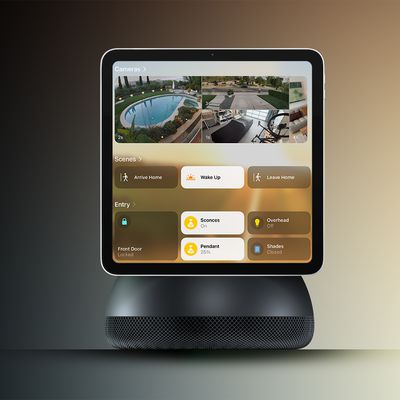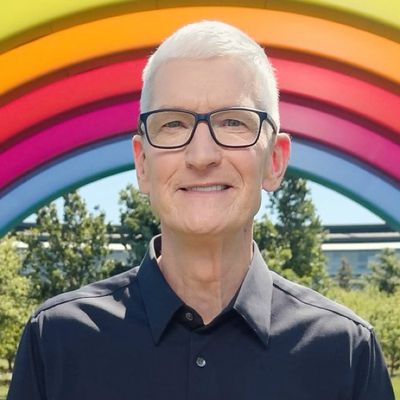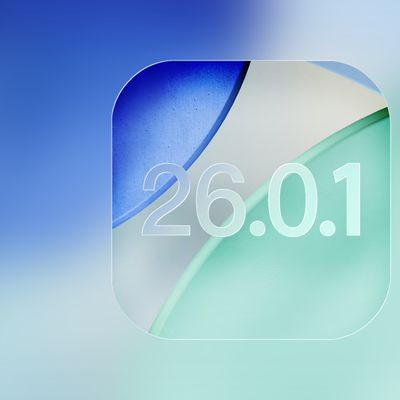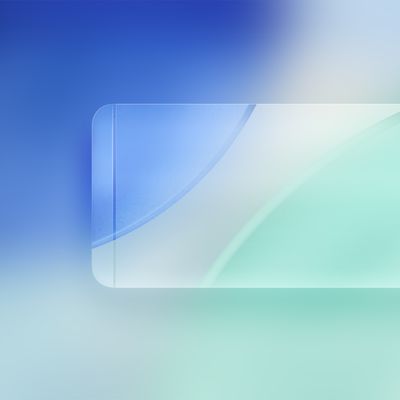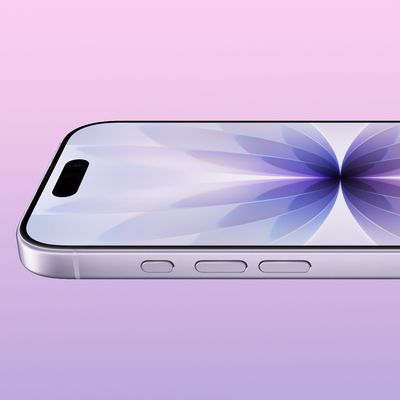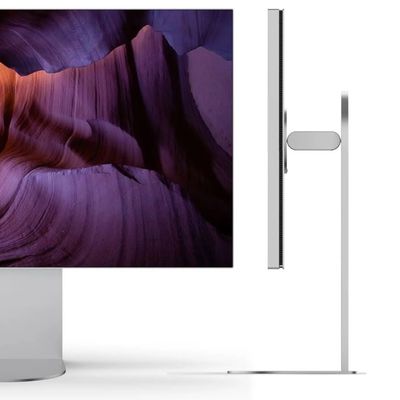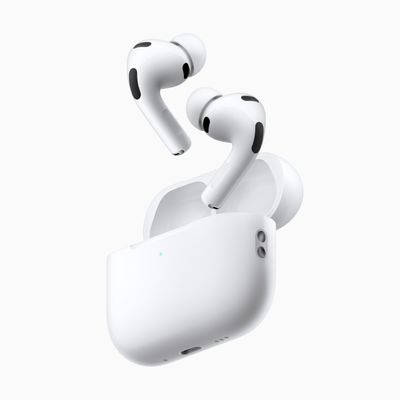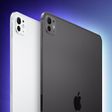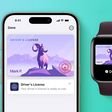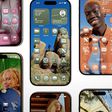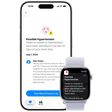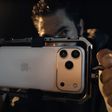Obama Signs Cell Phone Unlocking Bill Into Law, iPhone Unlocking No Longer Illegal
United States President Barack Obama will today sign a bill that makes cell phone unlocking legal again, writing the Unlocking Consumer Choice and Wireless Competition Act into law following its unanimous approval by the Senate and House of Representatives.
Obama has long supported the act, which was originally introduced via a 2013 "We the People" petition that gathered more than 100,000 signatures calling for cell phone unlocking to be made legal. It first became illegal to unlock a cell phone in January of 2013, after an exception in the Digital Millennium Copyright Act expired, restricting U.S. customers from shifting their service to other carriers or using their devices abroad with local SIM cards.
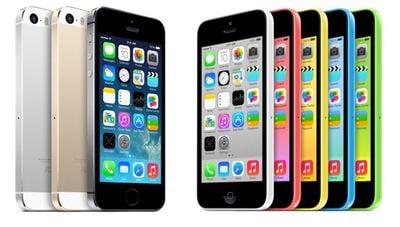
Now that cell phone unlocking is once again legal, consumers and third-party unlocking services will be able to unlock paid-for cell phones and tablets without receiving express permission from carriers and without facing criminal penalties. The changes will make it easier for consumers to take their devices to the carrier of their choice after contractual obligations have been fulfilled and it will also be easier to use existing devices abroad.
The bill not only restores the rights of consumers to unlock their phones, but ensures that they can receive help doing so if they lack the technological savvy to unlock on their own.
The most important part of this joint effort is that it will have a real impact. As long as their phone is compatible and they have complied with their contracts, consumers will now be able to enjoy the freedom of taking their mobile service -- and a phone they already own -- to the carrier that best fits their needs. At a time when partisan gridlock all too often threatens progress on everyday issues that matter to consumers, working together we listened to your voices, and the American people benefited as a result.
In December of 2013, U.S. cellular carriers and the FCC also came to an agreement over a set of voluntary principles that will make it easier for wireless customers to unlock their devices and switch from carrier to carrier after a contract has been fulfilled.
Note: Due to the political nature of the discussion regarding this topic, the discussion thread is located in our Politics, Religion, Social Issues forum. All forum members and site visitors are welcome to read and follow the thread, but posting is limited to forum members with at least 100 posts.
Popular Stories
Apple is developing an all-new operating system codenamed "Charismatic," according to Bloomberg's Mark Gurman.
Apple smart home hub concept based on rumors
This is likely Apple's long-rumored "homeOS" operating system.
In a report last month, Gurman said both Apple's rumored smart home hub in 2026 and tabletop robot in 2027 will run the new operating system. He said the software platform ...
Apple's annual iPhone event is in the rearview mirror, but rumors suggest the company plans to release a handful of additional products before the year ends.
Will there be another Apple event this October? We discuss the possibility below.
Apple in October
Apple's most recent October events were in 2021 and 2023.
In 2022 and 2024, Apple did not host an October event. Instead, it...
Apple is preparing to release iOS 26.0.1, according to a private account on X with a proven track record of sharing information about future iOS versions.
The account initially said iOS 26.0.1 would have a build number of 23A350, but they now expect the update to have a build number of 23A355. This suggests that the software update will include more bug fixes or changes than initially...
Apple's next MacBook Pro models will enter mass production soon, according to the latest information shared by Bloomberg's Mark Gurman.
In his Power On newsletter today, Gurman said he continues to believe the new MacBook Pro models will be released at some point between late 2025 and the first quarter of 2026, meaning they should be available to order by March at the latest.
Apple often...
Apple today released iOS 26.0.1 and iPadOS 26.0.1, the first updates to the iOS 26 and iPadOS 26 operating systems that came out earlier this week.
The new software can be downloaded on eligible iPhones and iPads over-the-air by going to Settings > General > Software Update.
According to Apple's release notes for the update, iOS 26.0.1 addresses a bug that could cause aberrations in...
Wednesday September 24, 2025 3:58 pm PDT by
Juli CloverWith the iPhone 15 series, I did an experiment and kept my iPhone's Charge Limit set at 80 percent for an entire year. It provided an interesting look at the impact of charge limits on battery longevity, so I decided to repeat it for the iPhone 16 line.
Since September 2024, my iPhone 16 Pro Max has been limited to an 80 percent charge, with no cheating. As of today, my battery's maximum...
The website ChargerLAB has tested the standard iPhone 17 model's USB-C charging speeds with a variety of Apple's chargers, from 18W to 140W.
The device reached a peak charging speed of around 27W to 28W with these Apple chargers:29W USB-C Power Adapter
30W USB-C Power Adapter
35W Dual USB-C Port Power Adapter
35W Dual USB-C Port Compact Power Adapter
40W Dynamic Power Adapter with 60W Max...
Pre-orders for LG's new UltraFine evo 6K display (model 32U990A) with Thunderbolt 5 support will begin on September 30, according to a major U.S. retailer listing.
LG first revealed the 32-inch display at CES 2025 in January, teasing its status as the first monitor to support Thunderbolt 5. At the time, LG only provided high-level specs, but left pricing, availability, and full technical...
Apple's annual "Back to School" promotion for students ends soon, so act fast if you want to score free AirPods with the purchase of an eligible new Mac or iPad.
Until Tuesday, September 30, college students and qualifying educational staff in the U.S. can receive free AirPods 4 with Active Noise Cancellation when they purchase an eligible new Mac or iPad from Apple. This is a $179 value.
...



